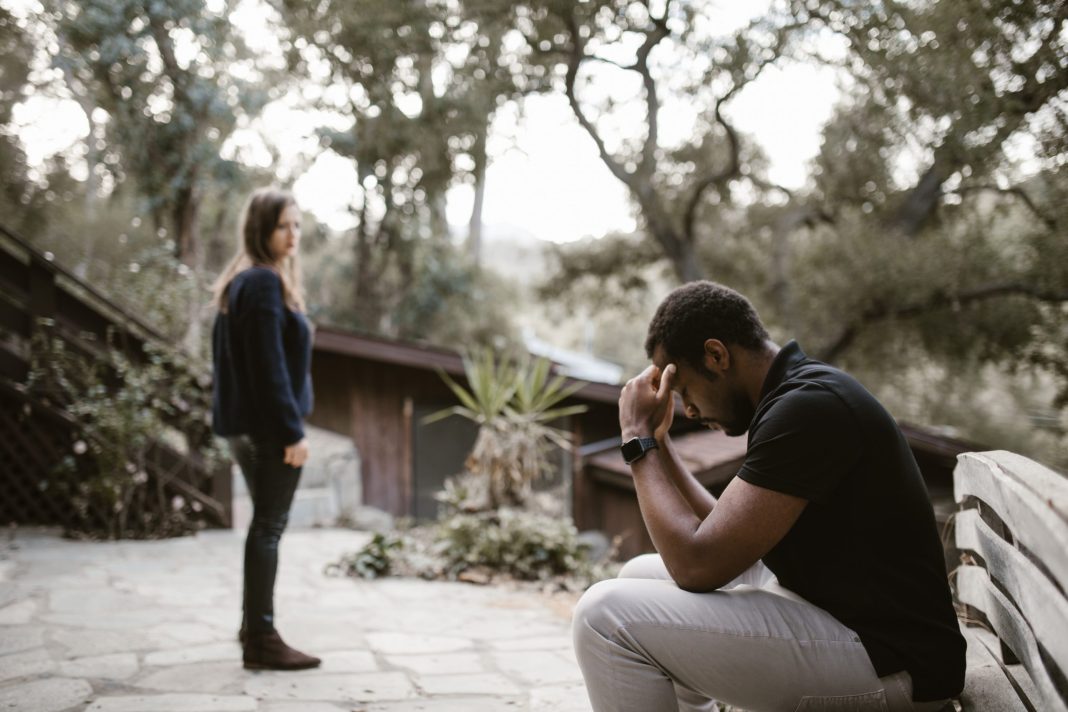In today’s age of rapidly evolving relationship dynamics, many men find themselves navigating a delicate balance between being emotionally available and being seen as overly accommodating.
While kindness and empathy remain essential qualities in any relationship, there is a fine line between being a considerate partner and becoming a man who sacrifices his identity in an attempt to keep his partner happy at all costs.
Relationship experts and psychologists have long warned against the dangers of people-pleasing behaviour, especially when it becomes a man’s default approach to intimacy.
When a man consistently prioritizes his partner’s needs at the expense of his own, he may unknowingly erode the very foundation of mutual respect that healthy relationships are built upon.
The Trap of Constant Approval-Seeking
Pleasing your partner is not inherently a problem—after all, generosity and care are cornerstones of romantic connection. But when these gestures stem from a fear of disapproval or a compulsive need to be liked, they become symptoms of insecurity rather than expressions of love.
Dr. Robert Glover, author of the best-selling book No More Mr. Nice Guy, explains this pattern as “covert contracts” — unconscious agreements where one partner gives and gives, expecting affection or validation in return. “The man believes that if he is good, nice, and sacrifices himself, his partner will love and respect him more,” Glover notes. “But often, the opposite happens.”
Respect Precedes Love in Long-Term Dynamics
Contrary to what popular media sometimes promotes, love does not thrive in the absence of respect. A partner may initially be flattered by constant attention and unwavering submission, but over time, it breeds a power imbalance. The relationship subtly shifts from a partnership to a hierarchy, where one partner leads and the other follows—often with resentment growing quietly beneath the surface.
“Respect is foundational,” says relationship therapist Dr. Ama Dapaah of the Accra Couples Institute. “When a man has no clear boundaries, lacks a personal mission, or refuses to assert his own needs, he becomes less attractive. Women may not articulate it, but they begin to feel emotionally burdened and even disillusioned.”
Masculinity Misunderstood: Being Strong Doesn’t Mean Being Harsh
There is a common misconception that strength in relationships equates to dominance or cold detachment. But true masculine energy in a healthy relationship isn’t about being controlling or emotionally distant—it’s about clarity, purpose, and emotional steadiness.
Being decisive, knowing your values, and confidently asserting your opinions creates a space where your partner can trust you—not just emotionally, but spiritually. A woman is far more likely to respect a man who leads himself with integrity than one who constantly adjusts his beliefs to fit hers.
In relationships where the man consistently gives up his time, energy, boundaries, and even self-worth to avoid disagreement, tension builds. Eventually, his partner may begin to lose trust in his ability to stand firm in the face of difficulty—something that’s essential for navigating real-life challenges as a team.
What Healthy Balance Looks Like
Striking the right balance means honoring your partner while remaining rooted in your individuality. It means making sacrifices when they matter—not simply to avoid conflict, but because it aligns with your deeper values.
Here are signs that a man is moving from people-pleaser to purposeful partner:
- He listens, but doesn’t always agree—and that’s okay.
- He expresses his needs clearly, even if it creates tension.
- He supports his partner’s growth, while actively pursuing his own goals.
- He says “no” when necessary, without guilt.
- He values harmony, but not at the cost of self-respect.
What We Think
Respect is not something that can be demanded—it must be earned and maintained through authenticity, consistency, and self-awareness. A man who prioritizes his self-worth does not fear losing love by asserting himself. On the contrary, his sense of groundedness often becomes the very reason why love and respect deepen over time.
In a world where many men are taught that the best way to be loved is to be agreeable, it is time to reclaim a more balanced truth: being kind is powerful, but being respected is essential.
